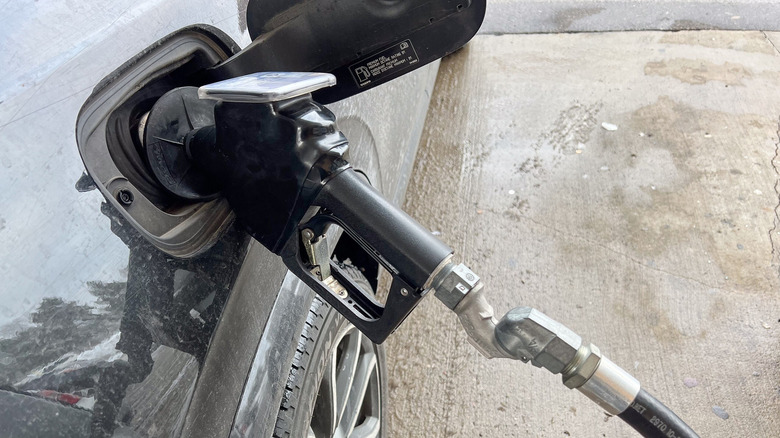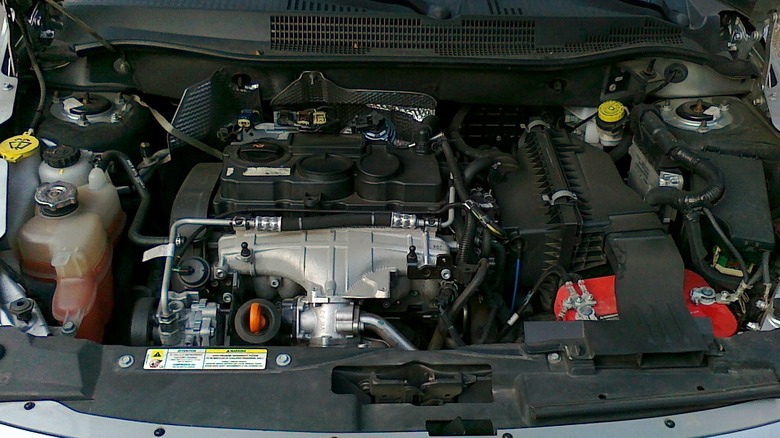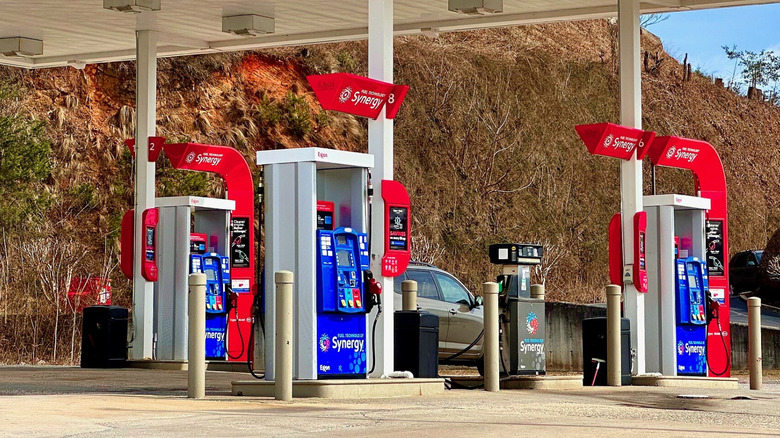Can You Run Kerosene In A Diesel Engine? (And What Happens If You Do?)
One of the most common mistakes at the gas station is accidentally filling diesel into a gas engine, or vice versa. The consequences are almost always dire, but what happens when you fill up your diesel car with kerosene?
Due to the similarities in their chemical makeup (combustion characteristics and energy content), kerosene can be run in a diesel engine, but not for long-term use. Kerosene, also known as kero or sometimes paraffin, is a light fuel derived from petroleum through fractional distillation. It's a combustible hydrocarbon liquid used for several applications in homes and industries, including fuel (aviation), light, heat, and power.
Kerosene is generally transparent or pale yellow, while diesel has a distinct red tint. However, both Kerosene and diesel are derivatives of petroleum. Kerosene has a maximum boiling point of 572 degrees Fahrenheit compared to diesel's 680 degrees. Even though kerosene is used in various engine applications, including aviation and the military, diesel is almost always used in vehicles.
Can you use kerosene in a diesel engine?
Kerosene and diesel aren't too far off — if anything, it is distilled from crude oil before diesel, and in comparison, it can run smoother in freezing temperatures (doesn't gel up). Ever heard of winter diesel blend? Well, it's a cocktail of diesel No.1 and No.2: Kerosene is added to No.1 diesel as a thinner since it has a lower cloud point. Simply put, kerosene will take a longer time to crystallize in low or freezing temperatures compared to diesel.
So, what are the risks of using kerosene over diesel? Well, kerosene lacks the natural lubricants available in diesel fuel, and as you'd imagine, running it without lubricating additives will affect the vehicle's fuel pump and injectors over time. Also, kerosene is less energy-dense than diesel, providing less energy per unit of fuel. While it flows smoothly in freezing temperatures, its low energy content can reduce engine performance and fuel efficiency.
Other than damaging your diesel engine, if kerosene isn't marked as an alternative fuel by your vehicle's manufacturer, using it can void your warranty. It could also be illegal due to taxation. In the United States and Canada, using fuel that has not been vetted for road use can have legal implications, per the NHTSA.
Filled up a diesel engine with kerosene — now what?
If by chance you end up filling your diesel vehicle with kerosene — either by mistake or in an emergency — don't panic, especially if it is an older diesel engine. The engine will run fine, and you might only experience power loss. Kerosene is quite popular in aviation (Jet A-1) and is still used in rockets today. Using kerosene for the short term is okay, but it needs to be swapped out as soon as possible.
It is not advisable to use kerosene in a diesel engine long term, especially in a modern vehicle. Since it has few lubrication additives, it will wear down the vehicle's fuel system (injectors and fuel pump), and the ripple effect will be poor performance and hard-start issues in some diesel engine models.
If you've done your research and feel your vehicle can run on kerosene in the long term without adverse effects, it would be wise to include additives like diesel fuel conditioner or automatic transmission fluid (for older diesels) to aid lubrication. Otherwise, you should only use kerosene in the short-term as an emergency solution. Return to standard diesel fuel as soon as possible, if that's the case.


